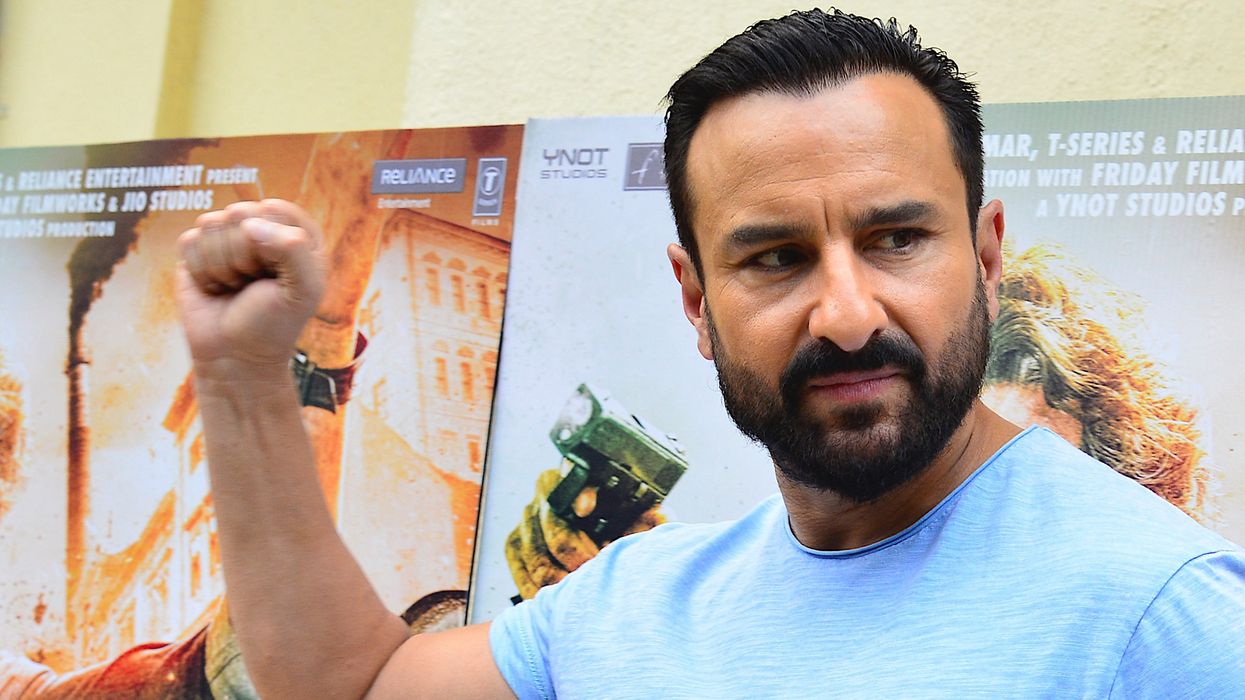MUMBAI POLICE have detained a suspect for questioning in connection with the stabbing of Bollywood actor Saif Ali Khan.
Local media, including India Today, aired footage of a man in a white T-shirt being escorted into a police station, identifying him as the suspect.
However, senior investigating officer Dikshit Gedam stated there were no significant updates. "There's no update from yesterday regarding what we said," Gedam told Reuters.
Meanwhile, Khan, 54, is recovering well at Lilavati Hospital after undergoing emergency surgery for stab wounds to his spine, neck, and hands.
Doctors expect him to be discharged in two to three days.
"We are observing his progress and he is doing excellently well," said Dr Nitin Dange, the neurosurgeon who led the surgery. Khan has been moved from the ICU to a special room and is on a regular diet.
Dr Dange detailed that Khan sustained three injuries—two on his hand and one on the right side of his neck—with the most serious wound near his thoracic spine.
"A sharp object was lodged deep, touching the dura and the spinal cord, but it has not damaged the spinal cord," he explained.
Doctors successfully removed the object and repaired the spinal injury.
Khan's wife, Kareena Kapoor Khan, requested media not to speculate about the incident. "It has been an incredibly challenging day ... and we are still trying to process the events," she posted on Instagram.
Police believe the intruder entered the Bandra apartment intending to rob the family.
According to the police, the attacker demanded Rs 10 million (£94,511). A nanny, Eliyama Philip, first encountered the armed man around 2 am when he approached the actor's sleeping son.
The investigation is ongoing as police continue questioning the suspect.
(With inputs from agencies)




